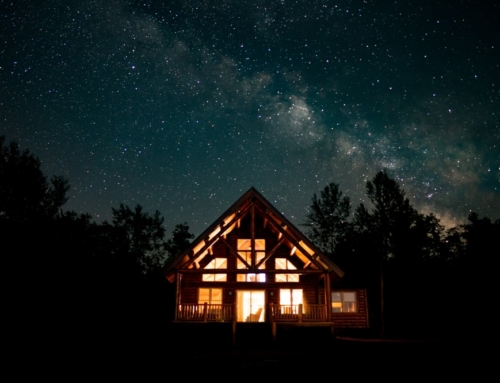Q: My husband is being relocated to an old New England town. We are planning to buy a home in the next several months in this new town and hope to stay in this next house we buy for 15 to 20 years.
Our agent told us that because the town is old, many home buyers and developers are tearing down smaller houses and replacing them with larger houses.
We looked at two such homes that were very nice. However, I am worried that both of these new homes are much larger, and cost more than twice as much as the neighboring houses on the block.
Our agent tells us that because both of these houses are in great locations in the town, and there really are no areas in the town left for new construction, over time the surrounding homes will also be torn down and larger homes will be built in their place. He said that builders have already purchased one or two of the older, smaller houses to tear down and rebuild.
I know that we shouldn’t buy the biggest, most expensive house on the street. But how should we weigh the risks and benefits of buying a new construction property against buying a much older, smaller home?
Our agent is confident that when we are ready to sell, the rest of the neighborhood will match the new construction homes of today. Is there anyway to know for sure?
A: Your time line is 15 to 20 years. While no one really knows how long it will take for a neighborhood to complete a turnaround, it would seem that you’ve got the time to wait it out.
In addition, your agent has demonstrated a remarkable ability to understand the nuance of neighborhood regeneration and has painted a fairly compelling picture of what life will be like in your neighborhood down the line. She has given you proof that the change is already happening, by pointing out the houses developers intend to tear down. You can find out more about teardowns in the area at the local village hall (ask for the building department).
The question is, do you want to buy a house that’s already been renovated or do you want to pick out a small house, tear it down and build in the profit for yourself?
If you decide to move and not build your own house, then I think the agent has found a neighborhood in which the housing stock will continue to change. I’d agree that if the current trajectory for neighborhood redevelopment continues, you’ll likely be more than fine when you cash out in 15 to 20 years.
Many neighborhoods around the country are in the same situation as the one you describe. Older, smaller homes are being torn down to put up larger homes. In many cases, the value of the land alone is the same as the value of the land plus the house.
It’s as if you buy the land and get an old home for free.
If you find that vacant lots in the neighborhood you are looking at are about the same cost as some homes, you’ll know the neighborhood, like many others, is transitioning and new homes may continue to be built there for some time to come.
The question you have to answer is what happens if your life changes sooner and you have to sell in, say 3 or 4 years. While neighborhoods can seemingly change “overnight” the reality is that it will take 5 to 7 years for a wave of teardowns to take hold and begin to really change the character of a neighborhood. If you sell before that happens, you could get hurt unless the price of land in that area is so desirable that values continue to go up.
This has to be a risk you’re willing to take. Talk it over with your spouse before you make the next move.






Leave A Comment